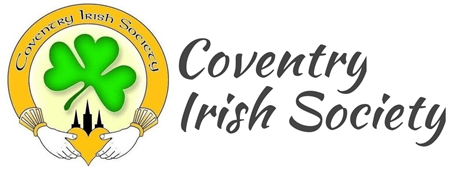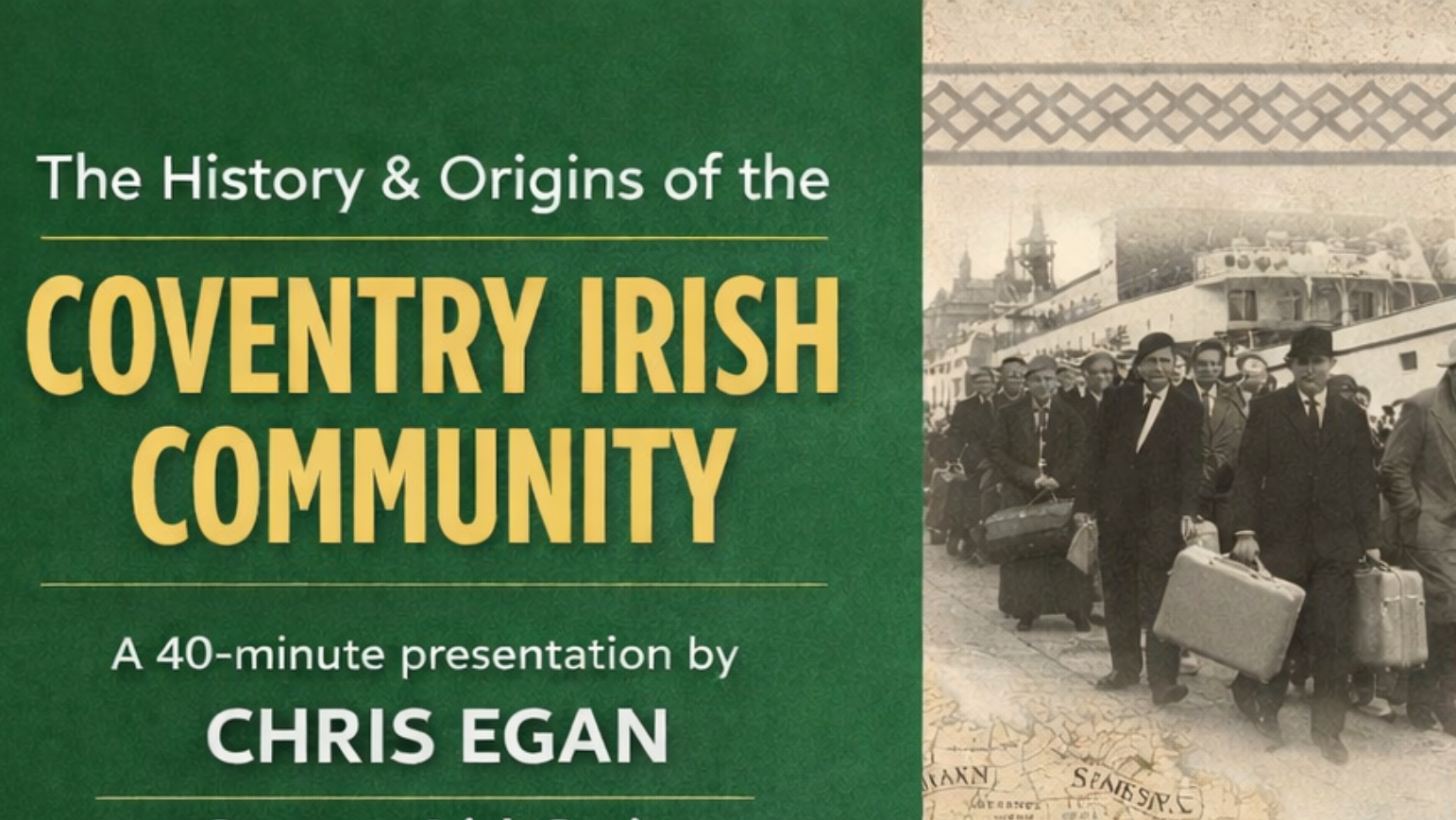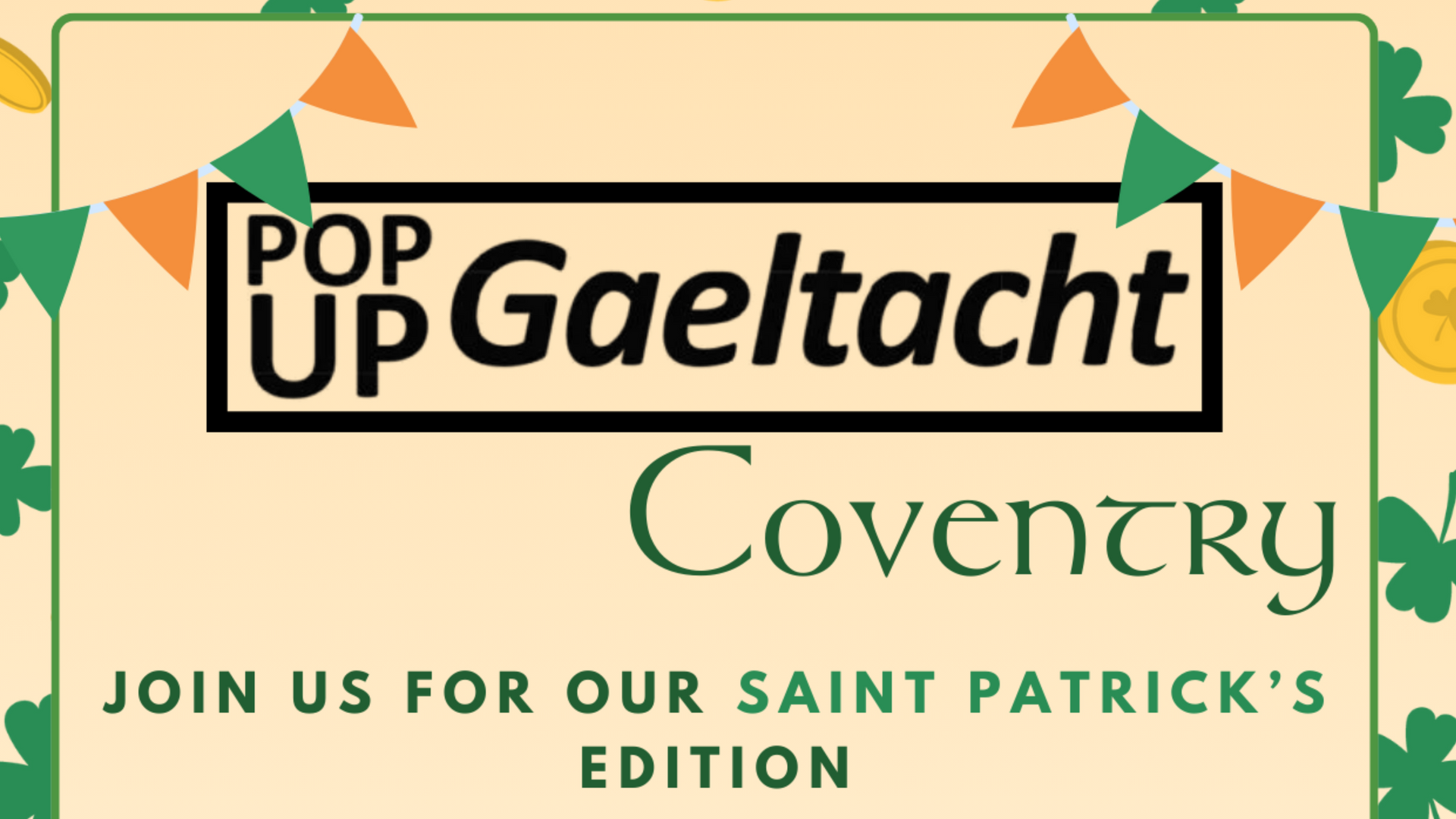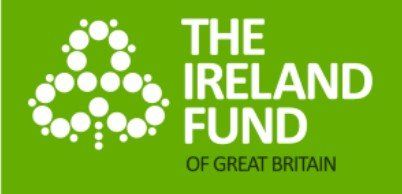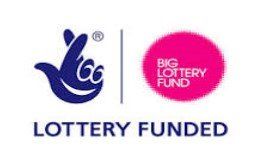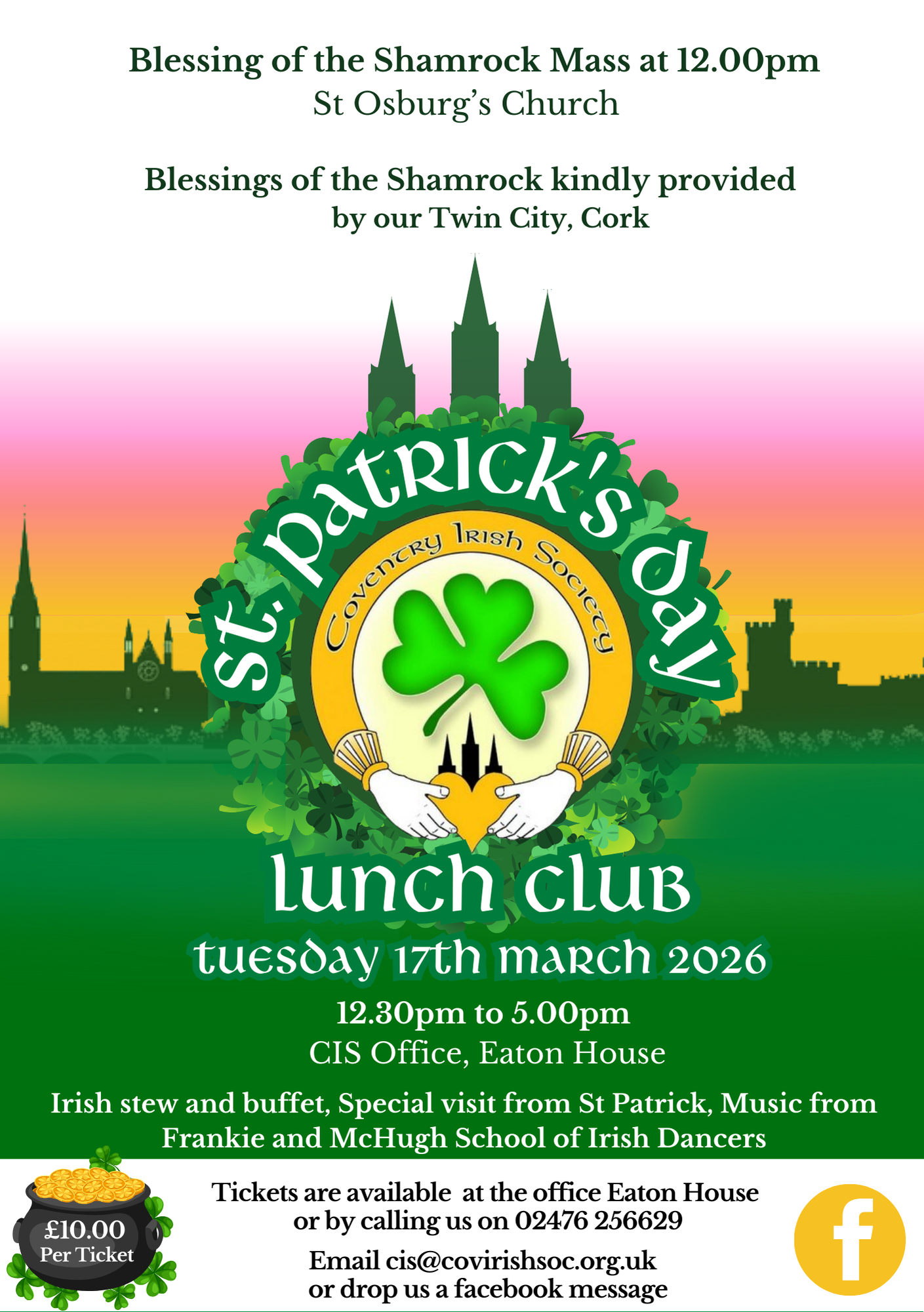
We are hiring! Office Administrator post
June 10, 2024
Coventry Irish Society is hiring for the role of Office Administrator.
This is a temporary contract that may become permanent subject to funding.
Role overview:
Salary: £10,000 - 18 hours per-week
Location: Coventry City Centre
Established in 1993, Coventry Irish Society (CIS) is a Charity providing a wide range of
community health and support services to the Irish community in Coventry.
The Coventry Irish Society requires an administrator to deal with a wide range of
admin duties including a bookkeeping function, general office management, and
using Microsoft Access and excel packages.
A variety of administrative tasks with regard to supporting Irish clients with
Passport enquiries and Passport applications is included in the duties of the post.
Training and development can be offered to the right candidate.
Please email your CV and reasons for application to simon.mccarthy@covirishsoc.org.uk or telephone Simon 02476256629 for further information.
We are obliged to ask all successful applicants to complete a CRB Disclosure form

Join us for a special St. Patrick's day Lunch Club from 12:30pm - 5:00pm at CIS Office, Eaton House | £10 per ticket . Blessing of the Shamrock Mass - 12pm at St Osburg's Church | Blessings of the Shamrock kindly provided by our twin City, Cork. Enjoy an Irish Stew and buffet, a special visit from St Patrick, plus live performances with music from Frankie and the McHugh School of Irish Dancers. Tickets are available at the office. Please contact us on 02476 256629 or get in touch at cis@covirishsoc.org.uk or on Facebook.
Your support can make a difference
Consider contributing as little or as much as you can. Every pound donated goes toward keeping our programmes and activities available.
© 2026
All Rights | Coventry Irish Society
Coventry Irish Society is a Registered Charity No. 1150290 : Company Limited by Guarantee No. 8235510
Privacy Statements | Website powered by : Duda Site Builder | Website Developed by : First Stop Web Design
We have taken all steps within our means to ensure this website broadly complies with W3C and The Equality Act standards.
